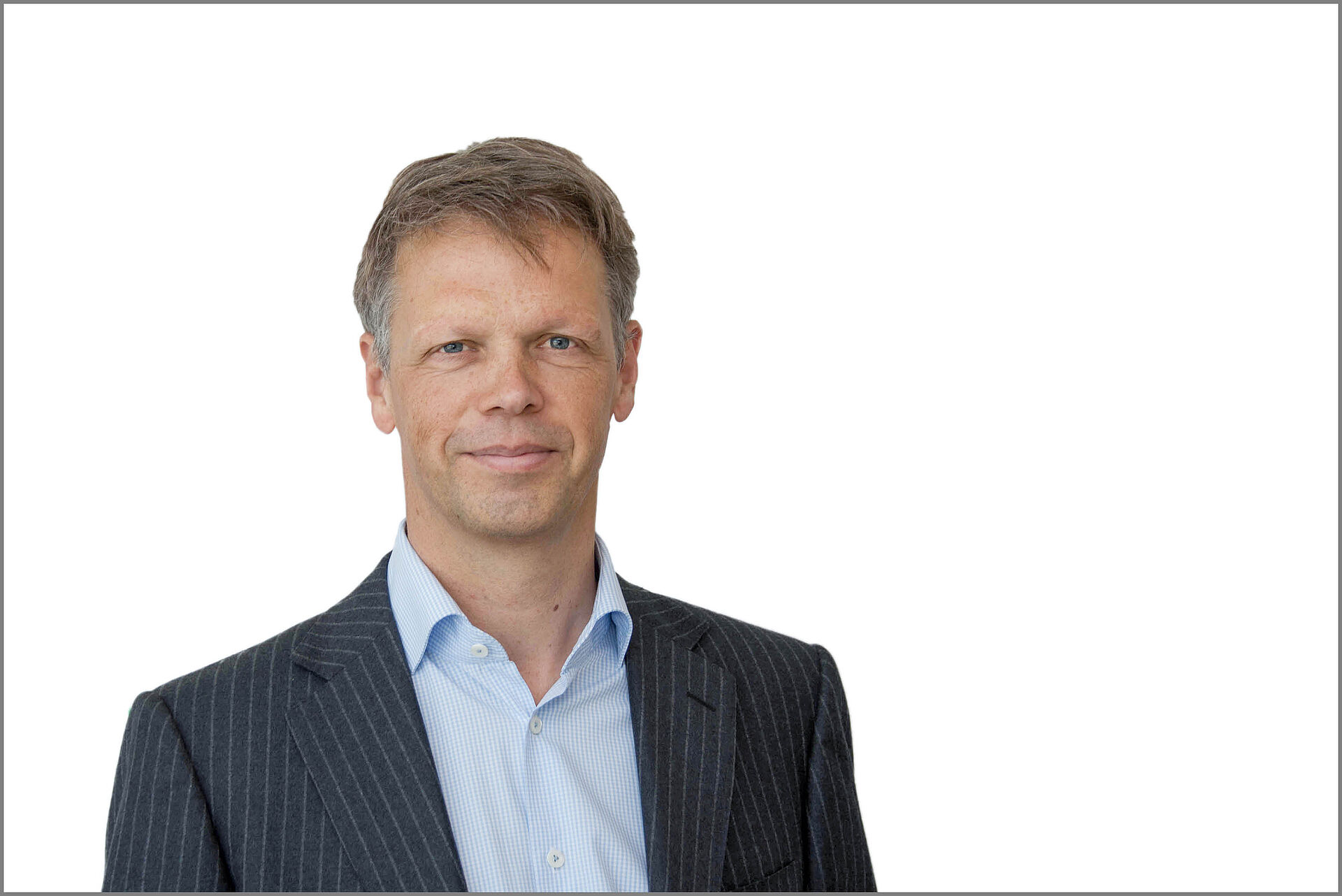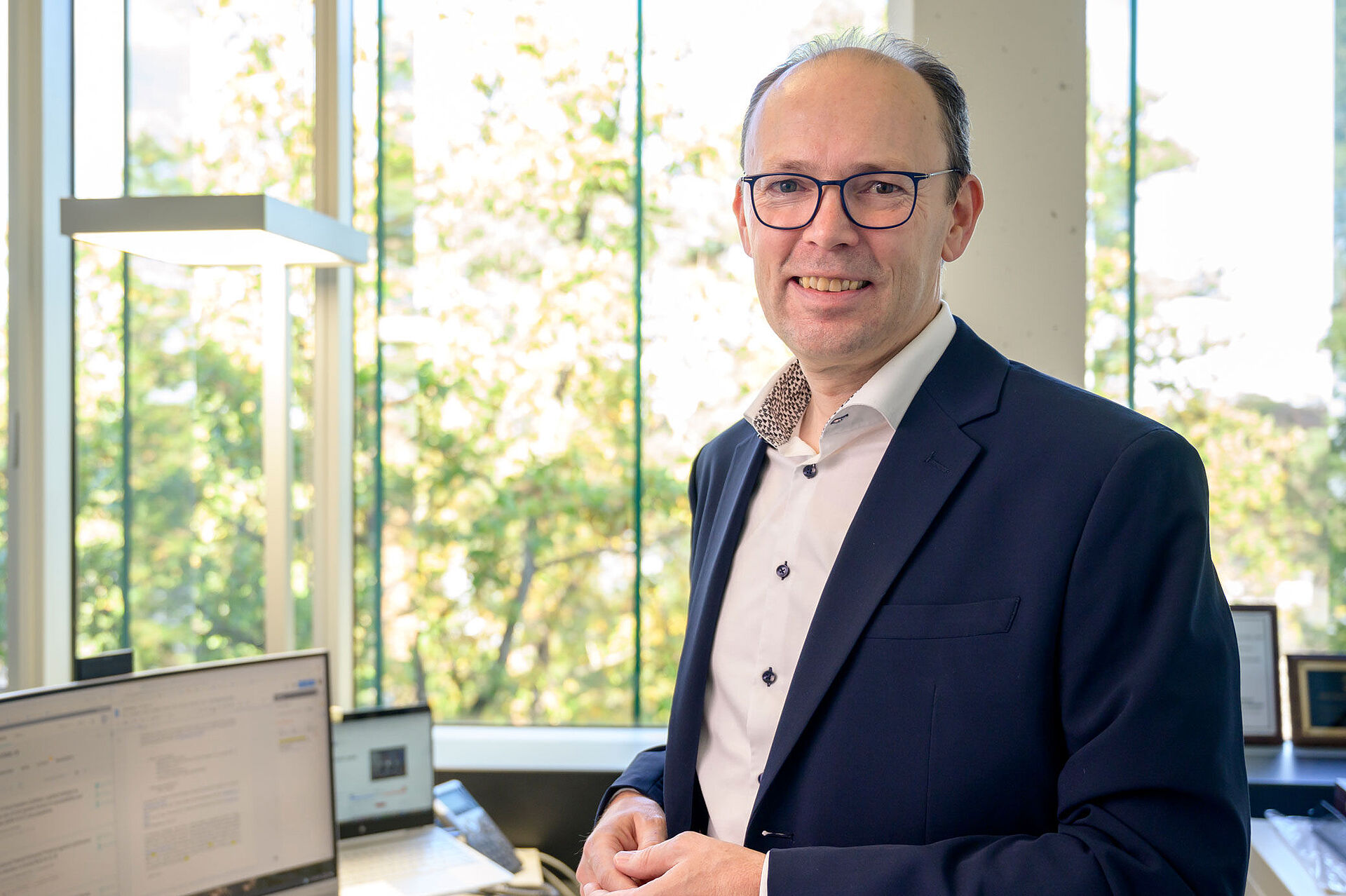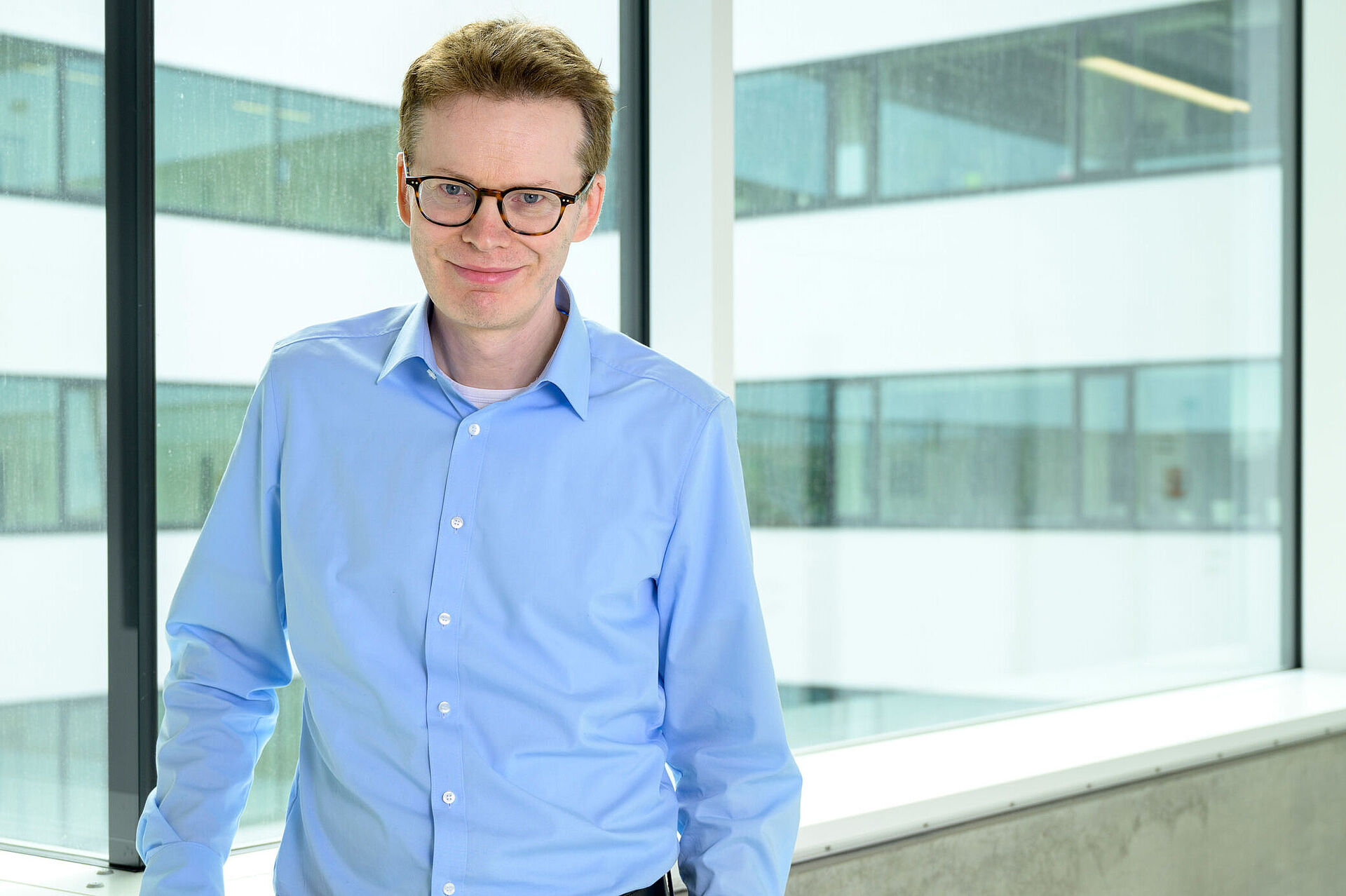Highly Cited: Several DZNE Scientists Among the World’s Most Impactful Researchers

Researchers whose studies are frequently cited in scientific journals are viewed as influential, as being referenced by peers indicates that their work is considered to be of significance. In light of this, “Clarivate” – a company specialized in the analysis of bibliometric data – compiles an annual list of the most highly cited researchers worldwide. The current directory comprises more than 6,600 researchers, categorized into several scientific fields. DZNE experts are also listed this year.
This directory is based on the analysis of many thousands of scientific articles published within the last 11 years: Only “papers” ranking among the top one percent of most cited publications were considered. Further criteria – in particular check for scientific integrity – are also considered. On this basis, the following DZNE researchers were identified as “Highly Cited Researchers 2024”:

Prof. Dr. Martin Dichgans, neurologist, is director of the Institute for Stroke and Dementia Research at the University Hospital of Munich (LMU) and affiliated with DZNE.

Prof. Dr. Christian Haass, an expert on molecular mechanisms of Alzheimer’s disease. He is the speaker of DZNE’s Munich site, a DZNE research group leader and a professor at the Ludwig-Maximilians-Universität München. In 2018, he received the “Brain Prize”, which is the world’s most prestigious award for brain research.
![[Translate to Englisch:] Porträt Brit Mollenhauer](/fileadmin/_processed_/0/e/csm_portrait-mollenhauer_0f6a8e24ca.jpg)
Prof. Dr. Brit Mollenhauer: The neurologist and expert on Parkinson’s disease is a professor at the Department of Neurology and a research group leader at the University Medical Center Göttingen, head doctor at the Paracelsus Elena Klinic Kassel and affiliated with DZNE.

Prof. Dr. Joachim Schultze, an immunologist and expert in genomics. He is director of Systems Medicine at DZNE, research group leader at DZNE’s Bonn site and a professor at the University of Bonn. Schultze focuses on disease mechanisms of neurodegenerative and chronic inflammatory diseases at the single-cell level as well as on big data and AI in medical research.

Prof. Dr. Mikael Simons, a neurologist and neurobiologist, focuses on mechanisms of neurodegenerative diseases. Simons is a research group leader at DZNE’s Munich site and a professor of molecular neurobiology at the Technical University of Munich.
November 2024
